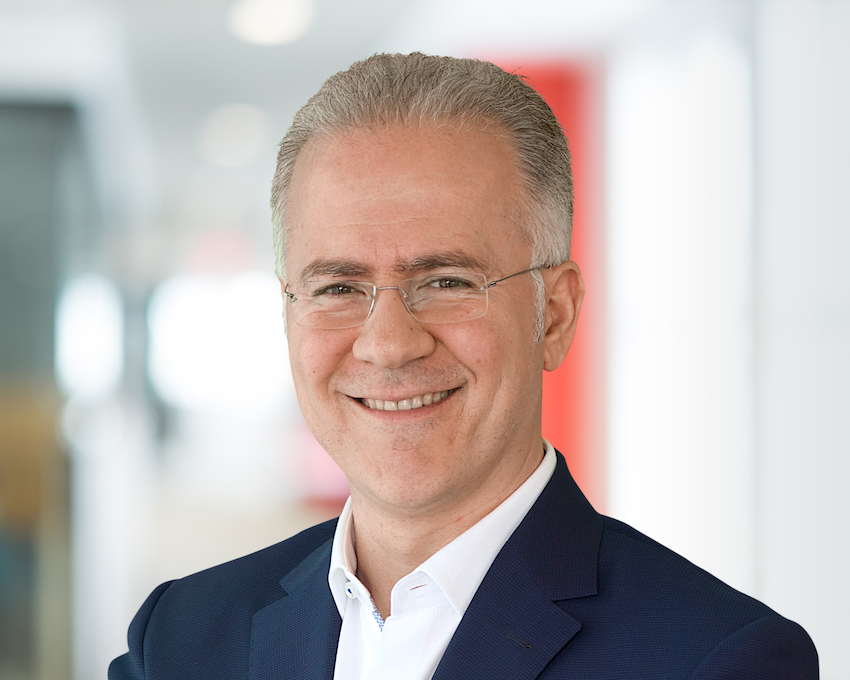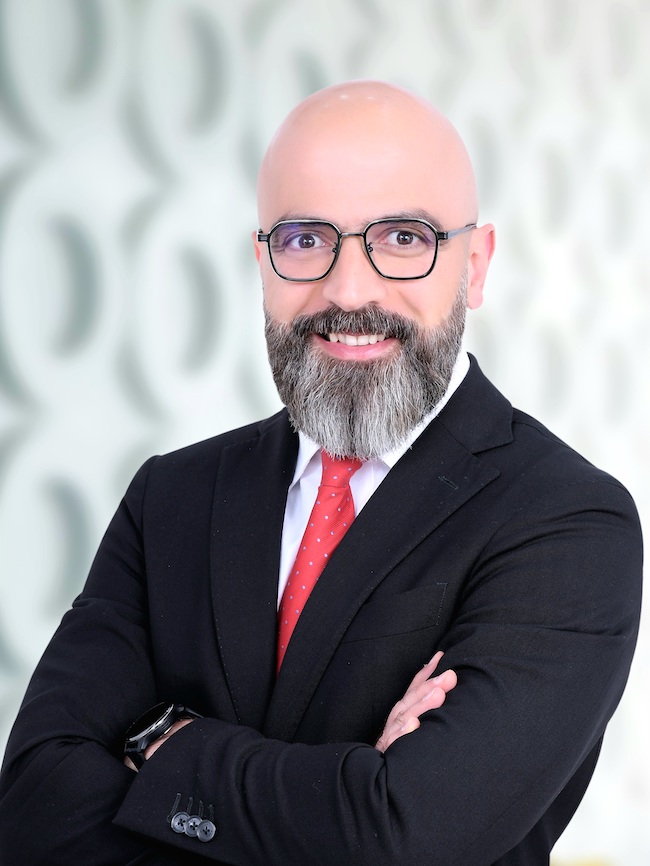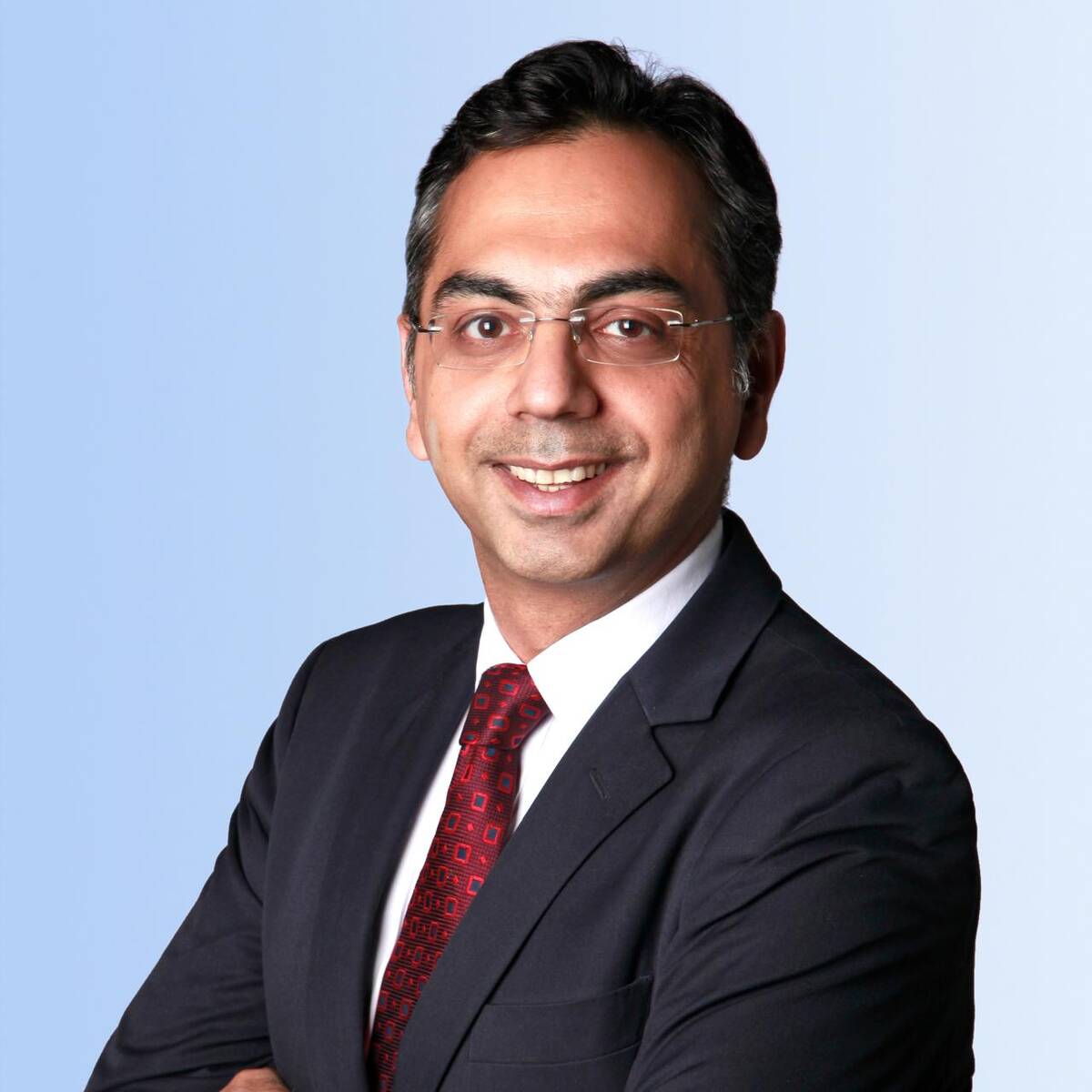RIYADH: Edtech, short for educational technology, refers to the use of technology—hardware, software, and digital resources—to enhance teaching, learning, and educational outcomes.
It encompasses a wide range of tools and techniques aimed at improving the educational experience, including online learning platforms, educational apps, digital textbooks, virtual reality simulations, gamified learning experiences, and more.
Edtech is utilized in schools, universities, corporate training settings, and lifelong learning environments to make education more engaging, accessible, and effective.
When it comes to Saudi Arabia specifically, investing in edtech aligns with the Kingdom’s Vision of establishing a knowledge-based economy.
The edtech market size in Saudi Arabia is projected to exhibit a growth rate of 13.3 percent during 2024-2032, according to global management consulting firm imarc.
This comes as the market is being propelled by a surge in demand for tailored education to meet individual student needs, a heightened emphasis on digital literacy and tech competencies, and a growing recognition of the value of adaptable and convenient learning options.
Saudi efforts
There is no doubt that the Saudi Ministry of Education isn’t just talking about the future—they’re building it, step by step, with initiatives designed to transform their classrooms into cutting-edge hubs of AI and digital mastery.
“Take their ‘Future Intelligence Program,’ for example, which aims to empower 30,000 students with skills in AI, machine learning, and smart technologies. Imagine a generation of Saudi youth who can program self-driving cars before they even graduate high school,” Ian Khan, a technology futurist and author who writes on the subject of AI, told Arab News.
“This is more than just an upgrade in skills—this is about shaping a workforce ready to dominate the tech economy. Layer on top of that the SAMAI initiative, where 1 million Saudis will gain expertise in AI and digital tools, and it becomes clear that Saudi Arabia isn’t just keeping up with global tech trends—they're aiming to lead them,” Khan added.
He went on to note that this bold vision is intricately aligned with Saudi Vision 2030, which strives to create a knowledge-driven economy.
“This AI-driven, personalized learning experience is where the future of education meets the individual’s unique strengths and needs, gearing up the country for its next leap forward,” Khan concluded in that regard.
Initiatives
There is no doubt that the Kingdom is actively integrating AI into its education system to create a future-ready workforce.
“Programs such as the Future Intelligence Programmer aim to train thousands of students in AI, equipping them with the skills to innovate in a rapidly digital world. AI is being used to personalize learning experiences, automate administrative tasks for educators, and enable more tailored educational pathways,” Samer Bohsali, Middle East head of government & public sector practice, Bain & Co., told Arab News.
“These efforts are part of a broader vision to transform the Kingdom’s education system, setting new standards for digital literacy and student engagement,” Bohsali said.
On behalf of PwC Middle East, Partner at Education and Skills Ayham Fayyoumi told Arab News that the Kingdom is adopting a cautious yet forward-thinking approach to AI in education, with initiatives focusing on several key areas.

Samer Bohsali, Middle East Head of Government & Public Sector Practice, Bain & Co. (Supplied)
“One notable example is the implementation of adaptive learning systems, which use AI to analyze individual student performance and tailor educational content accordingly. These systems can identify students’ strengths and weaknesses, offering personalized learning experiences that enhance educational outcomes,” Fayyoumi said.
“Additionally, AI-powered virtual assistants are being introduced to support both teachers and students in managing routine tasks, such as administrative work or grading, allowing educators to dedicate more time to core instructional activities. These AI tools are designed to streamline workflows, enhance productivity, and improve engagement in the classroom,” he added.
Global partnerships
Global EdTech partnerships are crucial for the Kingdom for several reasons including access to innovation, enhanced learning opportunities, cross-cultural exchange, among several others.
“When Saudi Arabia decided to revolutionize its educational landscape, they didn’t go it alone—they teamed up with global powerhouses like Google, Microsoft, and Coursera. This collaboration isn't just window dressing. It’s a deliberate strategy to equip students and educators with the latest tools in AI, cloud computing, and data science,” Khan said.
“Google Cloud’s Elevate Program, for example, has trained over 25,000 Saudi women in cloud technologies. This is more than just a skillset boost—this is building a tech-savvy workforce that can compete on a global stage,” he added.
The technology futurist continued to highlight that these partnerships give Saudi educators access to AI-powered platforms that personalize learning and streamline assessments, ultimately creating more engaging and efficient classrooms.
“The future of education isn’t just digital—it’s adaptable, global, and responsive. And Saudi Arabia, through these forward-thinking collaborations, is leading the charge toward a tech-dominant educational future,” Khan said.
Saudi Arabia’s collaboration with global tech leaders also empowers the nation to adopt advanced educational tools that inspire innovation in the classroom.
From Bain & Co.’s side, Bohsali explained that these partnerships provide access to AI-driven platforms that foster personalized learning and critical thinking.
“This digital transformation is not just about adopting technology but also about reshaping how education is delivered, making learning more engaging and aligned with the future needs of the global economy ,” he said.
Saudi Arabia’s educational technology firms are using AI and technological advancements to revolutionize conventional educational approaches and enhance student achievements. Taking cues from effective programs in the UK and elsewhere, Saudi Arabia is directing significant resources into AI-infused tools across various sectors, particularly education.
Consequently, this initiative is fostering expansion in the education sector and sparking creativity within private enterprises, which is positively impacting more than 6 million students in the nation.
In that regard, PwC partner Fayyoumi said: “Several EdTech companies are at the forefront of this revolution, incorporating advanced AI technologies into their products and services to enhance learning experiences.”
“These companies are providing products utilizing AI to offer personalized learning pathways, adaptive assessments, and real-time feedback to better meet the unique needs of individual students. Such tools not only improve engagement but also boost academic performance by catering to diverse learning styles,” he added.
Saudi Vision 2030
“Saudi Vision 2030 isn’t just about a shift in economic strategy—it’s a transformation in mindset. At the heart of this vision is the move from a resource-based economy to one driven by knowledge, innovation, and technology,” Khan said.
“By embedding AI and digital learning in classrooms, programs like SAMAI and the Future Intelligence Program are crafting a new generation of thinkers, doers, and creators. The ripple effects will be profound. Think about it—students will be more engaged because their learning is tailored to their strengths,” he added.
The technology futurist emphasized that the education system will be more efficient, and graduates will emerge prepared for high-demand sectors like AI, cybersecurity, and digital industries.
He underlined that this is the essence of future readiness—where a nation’s educational foundation aligns perfectly with the demands of tomorrow’s economy.
On Bain & Co.’s behalf, Bohsali said: “By embedding AI and advanced technologies into the curriculum, the Kingdom is fostering a generation of learners who are not only technologically adept but also equipped to lead in innovation.”

Ayham Fayyoumi, Partner, Education and Skills, PwC Middle East.
“The expected outcomes are profound—enhanced digital literacy, improved educational outcomes, and the positioning of Saudi Arabia as a global leader in the knowledge economy,” Bohsali added.
Education is a key pillar, for both youth and above in achieving the goals of Vision 2030. This comes as the median age of Saudis is 22 years, and 63 percent of the Saudi population is below the age of 30.
Furthermore, PwC’s 2024 Hopes & Fears survey shows that nearly three-quarters of people surveyed in Saudi foresee the growing importance of digital skills in their roles over the coming five years.
“Incorporating digital tools within the education ecosystem can help boost the overall student learning experience and prepare them for their future work environments,” Fayyoumi said.
The PwC partner concluded by emphasizing that by enhancing the education sector using digital technologies such as AI, Saudi Arabia stands to build a globally competitive society, and to become the hub for the next generation of digitally equipped leaders in the Kingdom.
“Thus, the digital transformation of the education sector is another important part of Vision 2030’s success, to ensure young people in the Kingdom have the right skills for the future world of work,” he said.



































